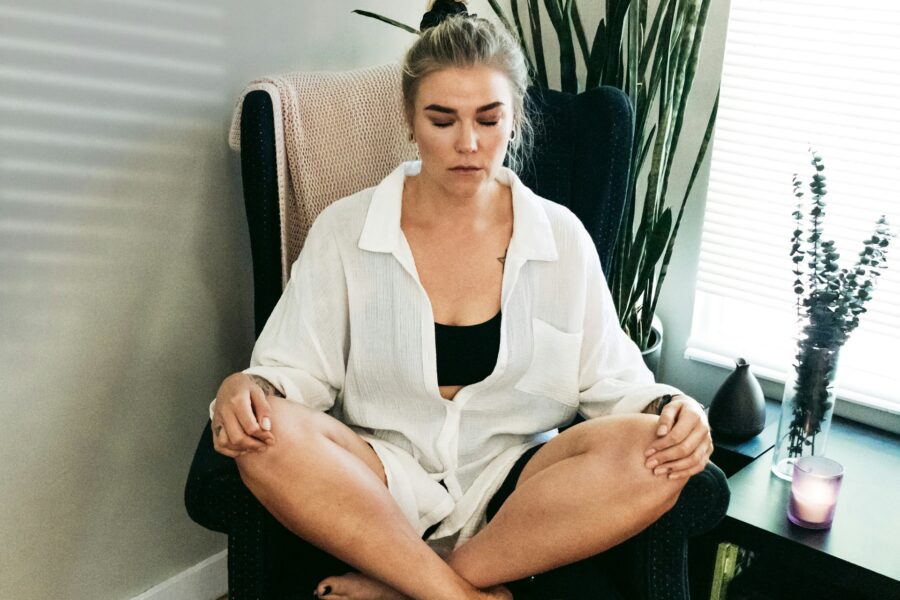Someone shows you a photo they’ve just taken, and before you even register the setting or moment, your brain goes straight to your face, your posture, your expression.

Just like that, the self-criticism kicks in. You might laugh it off, ask them to delete it, or stare too long trying to figure out why you don’t look the way you thought you did. Seeing yourself in a photo hits different—it’s raw, jarring, sometimes even upsetting. But it’s not just vanity. There’s actually a lot going on beneath that reaction, and it’s more human than you probably give yourself credit for.
1. You’re not used to seeing yourself from the outside.
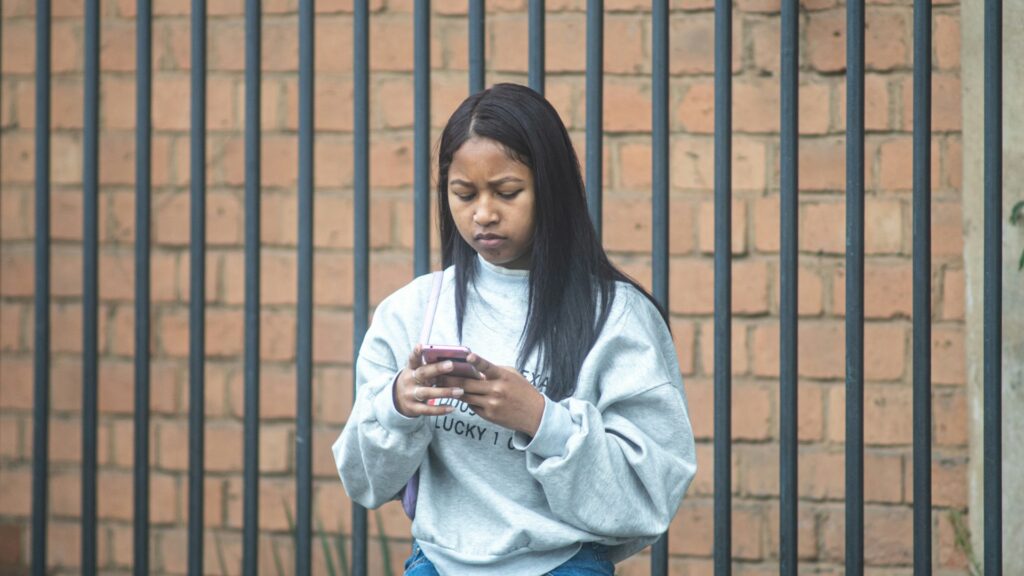
Most of the time, you see yourself in mirrors, where the image is flipped and under your control. You know your angles, your lighting, your timing. But a photo taken by someone else strips all of that away. It’s a frozen moment you didn’t curate, and that alone can feel weirdly intrusive.
Your brain also isn’t used to seeing you from those angles, so it feels unfamiliar. However, that unfamiliarity often gets mistaken for “ugly” or “wrong,” when really it’s just your brain trying to make sense of something it rarely has to process. You’re not flawed—you’re just surprised.
2. You’ve been trained to focus on your flaws.
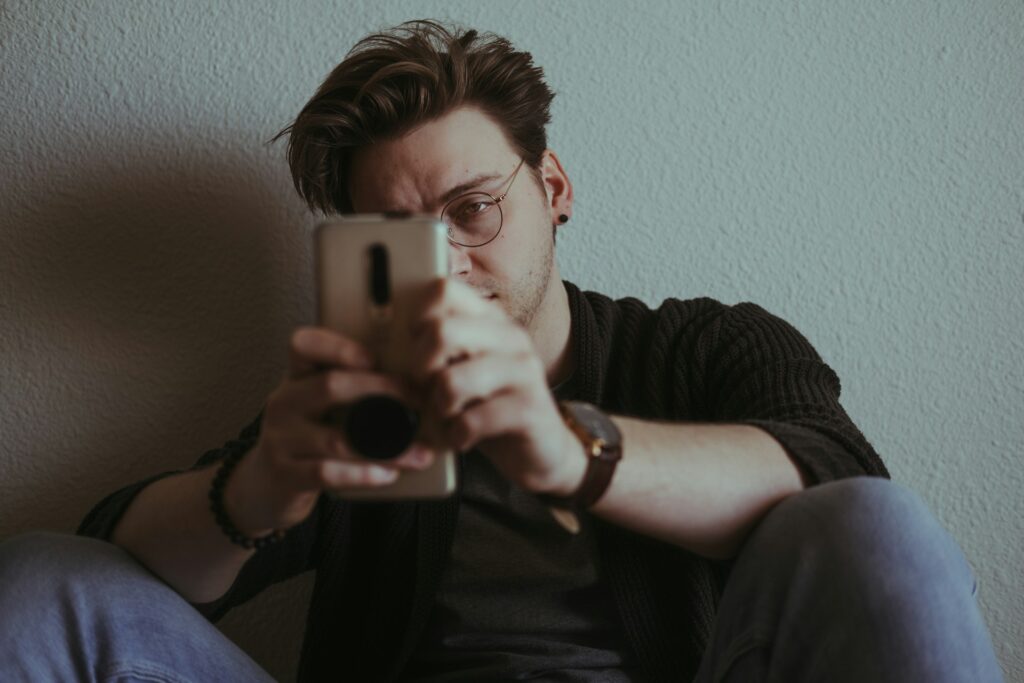
We all live in a world that constantly zooms in on what needs fixing—your skin, your weight, your clothes, your posture. So when you see a picture of yourself, your brain does exactly what it’s been taught to do: scan for imperfections.
It rarely pauses to say, “Wow, you look present” or “You seem like you’re having fun.” It goes straight for the bit you always nitpick, even if no one else notices it. The photo itself isn’t cruel, but the script in your head often is, and it’s been rehearsed for years.
3. You’re seeing stillness, not motion.
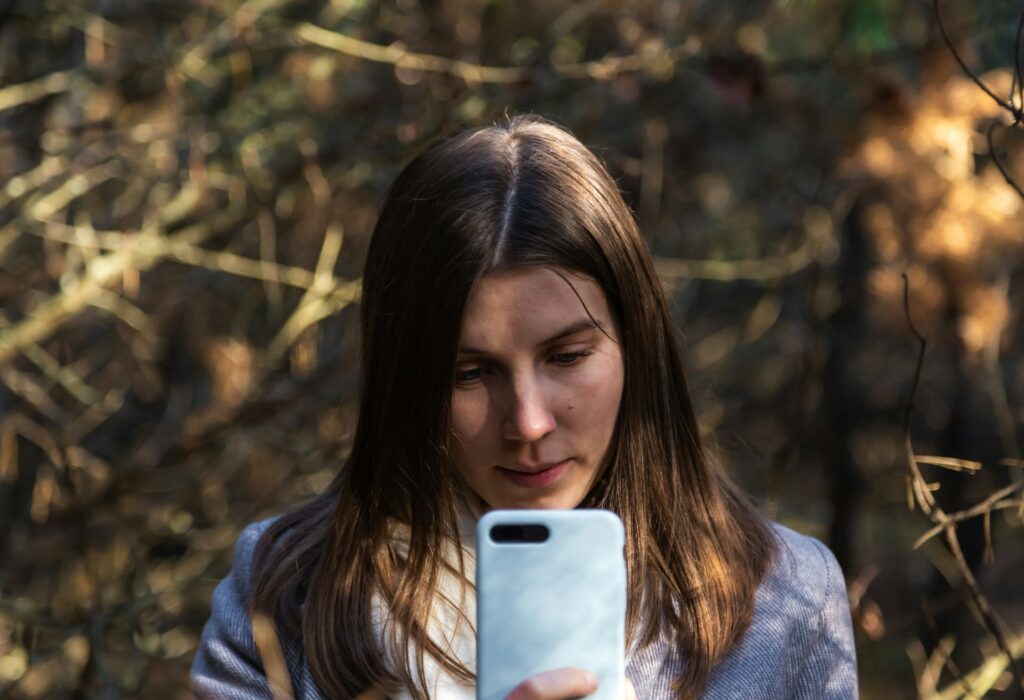
You know yourself in motion—the way you laugh, how you gesture when you talk, the little expressions that come and go quickly. But a photo flattens all of that. It freezes one frame and expects you to feel seen by it. No wonder it feels like a poor reflection.
That one split-second image doesn’t capture your full presence. It’s not your voice, your humour, your energy. It’s just a still. And yet, we treat it like proof of who we are. That disconnect is what makes it feel so personal—and so uncomfortable.
4. You don’t look how you feel inside.
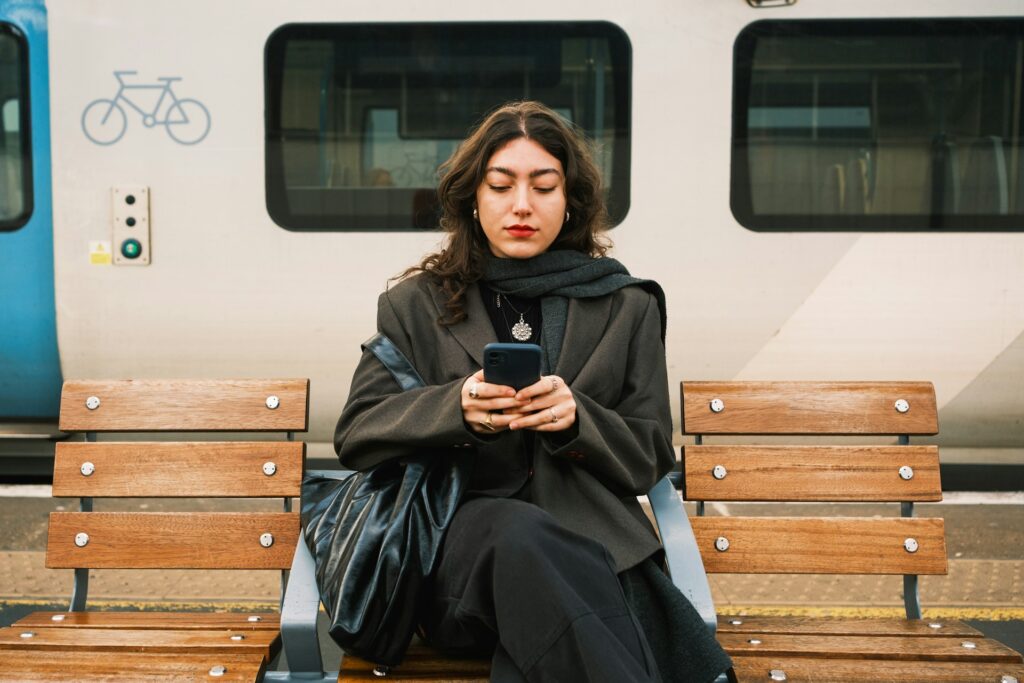
There’s a version of you that lives in your mind—your sense of self, how you carry your confidence, how you imagine other people see you. When a photo doesn’t match that inner image, it creates a weird emotional gap. You feel like you’re being misrepresented by your own face.
It can feel like the photo is telling a story about you that you didn’t agree to. The truth is, both versions—how you feel and how you look—are real. They’re just different perspectives of the same person. The dissonance doesn’t mean you’re lying to yourself; it just means you’re human with layers.
5. You were probably already feeling self-conscious.
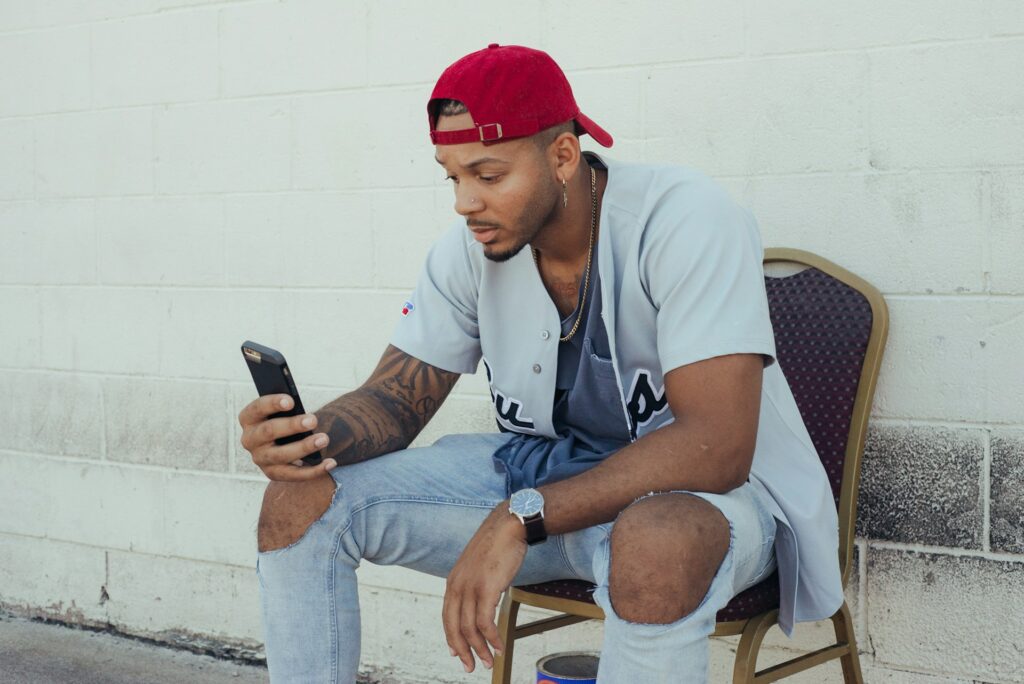
Sometimes the reaction to a photo isn’t really about the photo—it’s about everything you were already feeling that day. Maybe you were uncomfortable in your clothes, overthinking how you looked, or carrying a low mood. The photo just became the trigger for those bottled-up thoughts.
Instead of seeing a memory or a moment, your brain sees confirmation. “See? You were right to feel weird today.” However, that’s not the full picture. You’re attaching emotions to an image that wasn’t built to carry them. It’s okay to acknowledge the discomfort, but you don’t have to believe every negative thought it brings up.
6. You’re reacting to the emotion of the moment, not just the image.
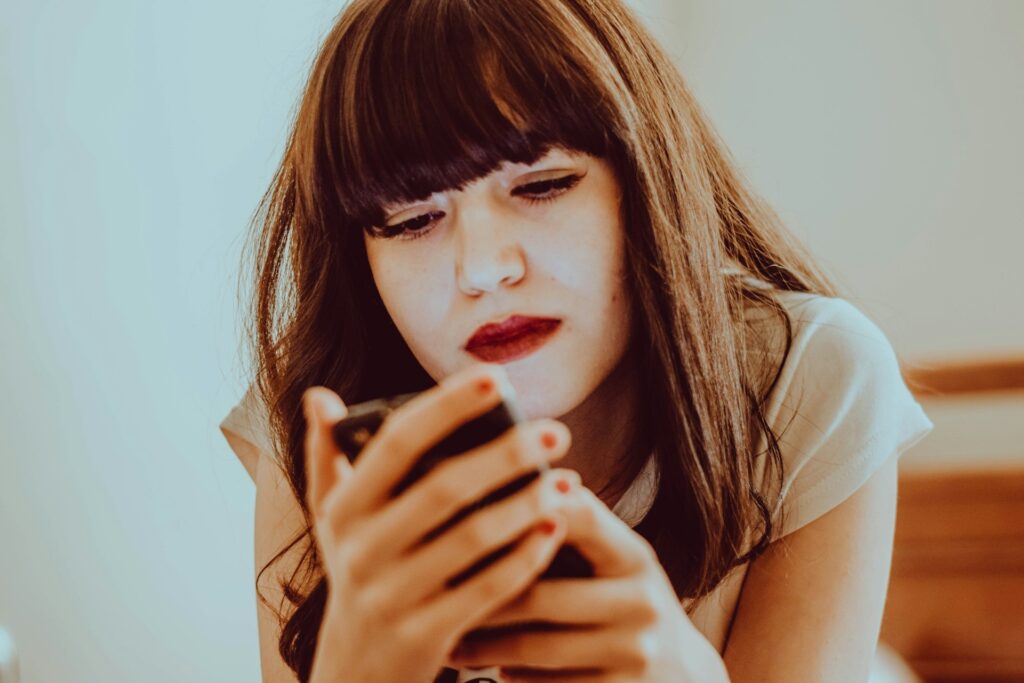
Sometimes a photo catches you mid-laugh, mid-thought, or mid-something you weren’t ready for, and it feels like someone snapped a picture of your vulnerability. That can be hard to look at, even if there’s nothing wrong with how you actually look.
It’s not just about how your face looks. It’s about how exposed you feel in that moment. Seeing a still version of yourself when you weren’t “on” can feel like a reminder that your guard slipped, and for a lot of people, that feels uncomfortably close to being seen too clearly.
7. You’re still holding onto an old version of yourself.
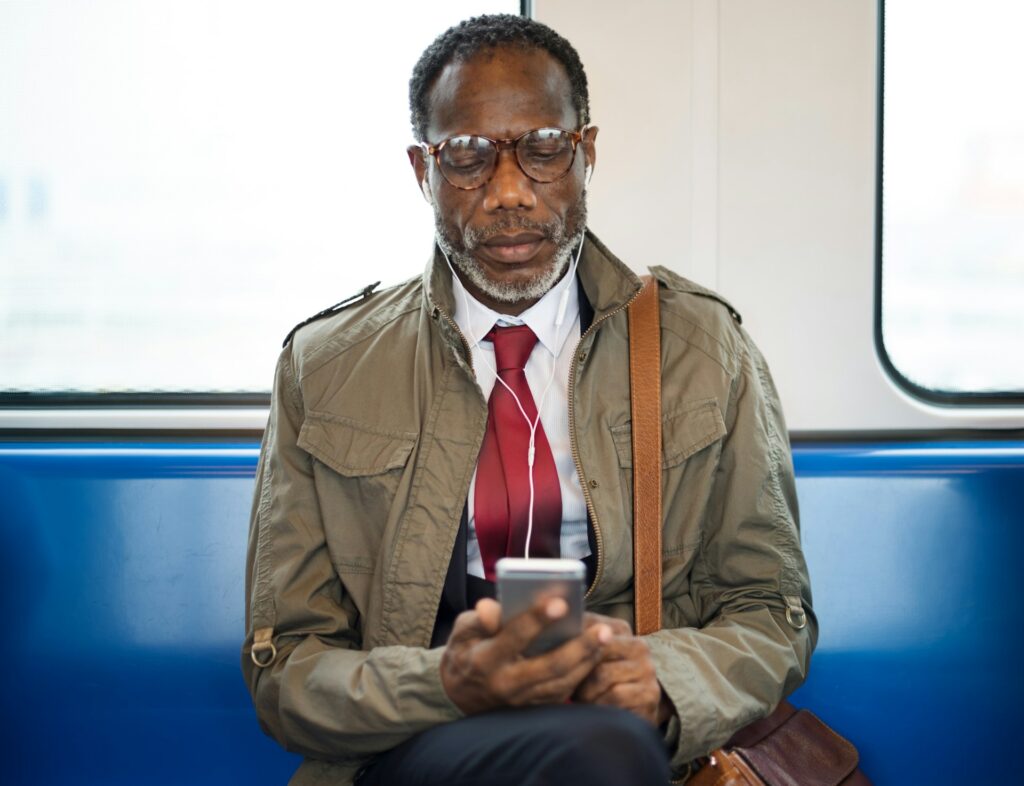
Sometimes you look at a photo and think, “That’s not me,” not because it’s a bad photo, but because it’s not the version of you that you’re used to seeing. Maybe you’ve gained weight, aged, changed your hair, or just grown out of an old style—and your brain hasn’t fully caught up.
Seeing photos that reflect your current self can bring up grief for the version of yourself that you’ve left behind. That’s normal. It doesn’t mean your new self is worse. It just means you’re noticing change, and change is emotional, especially when it shows up unexpectedly.
8. You’re seeing a moment you can’t control.
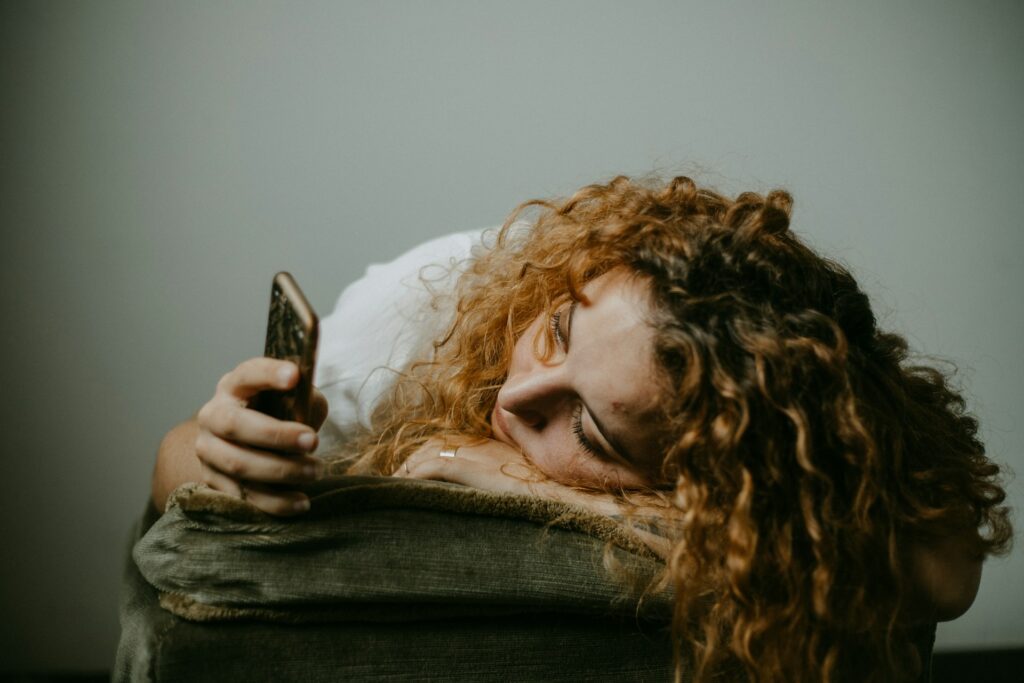
Photos are frozen proof of a moment you didn’t get to edit. That can be jarring for people who are used to curating how they’re seen—through stories, expressions, even tone of voice. A photo doesn’t let you explain yourself. It just is.
When control is something you lean on to feel safe, seeing a version of yourself that doesn’t align with how you want to be seen can feel like a breach. That’s not because it’s a bad image, but because you didn’t choose it. That lack of choice is often what feels so uncomfortable.
9. Social comparison sneaks in fast.
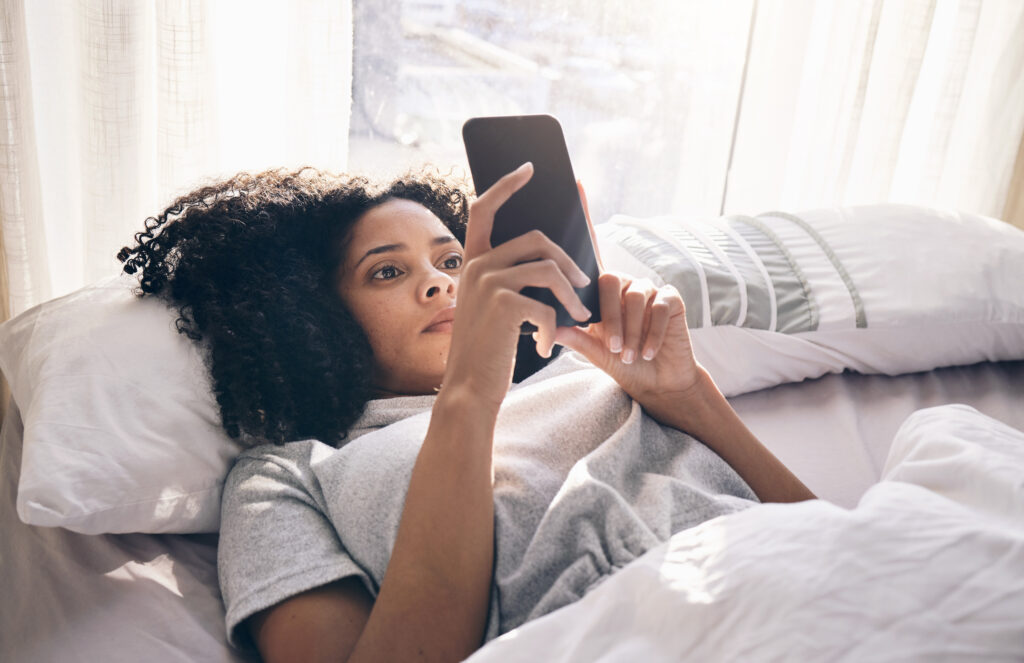
You can see a photo you’re unsure about and immediately compare it to how other people look, especially if you’re in a group shot. Maybe you think someone else looks more confident, more relaxed, more “together.” And just like that, you’ve made your image feel smaller by comparison.
That kind of self-comparison is hard to avoid in a world where photos are everywhere. But it’s rarely fair or accurate. Everyone has their own insecurities, angles, and bad-photo stories. You just don’t see theirs as clearly as you see your own.
10. You think how you look in a photo is who you are.

We attach a lot of meaning to photos, especially now. However, how you look in a moment doesn’t define your personality, your value, or how loved you are. A slightly awkward smile or tired expression doesn’t erase your humour, your kindness, or your strength.
It’s easy to forget that you’re not your image. You’re a full person with depth and softness and presence that can’t be captured in one click. Reminding yourself of that doesn’t erase the discomfort, but it helps put the photo back in perspective where it belongs.

